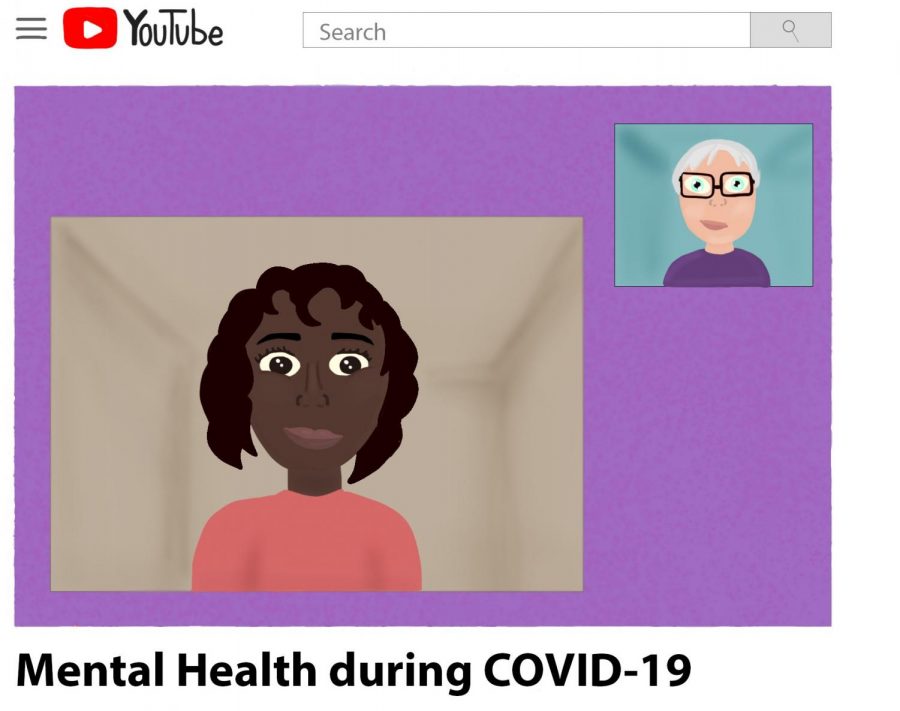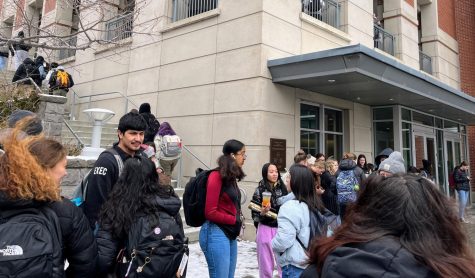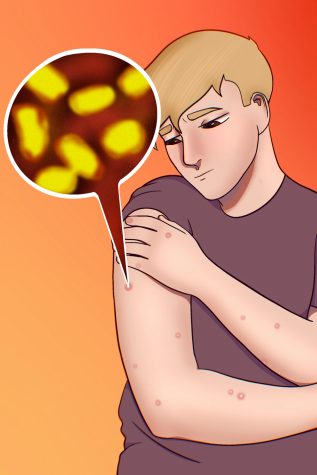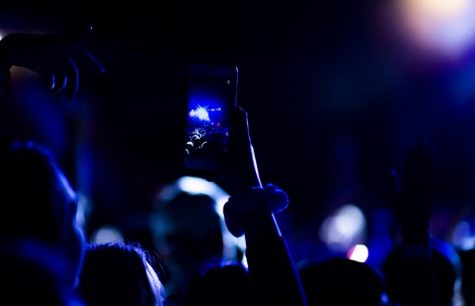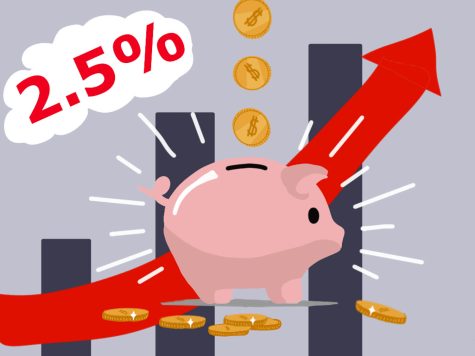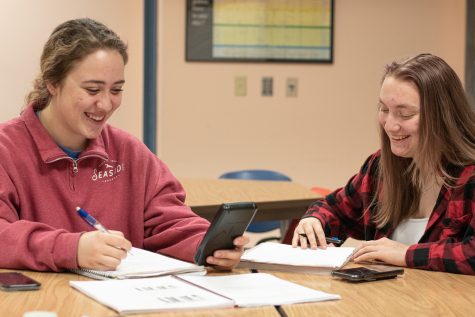Local hospital offers videos on mental health amid pandemic
Seven videos available; professionals discuss how to fill time, remedy stress, deal with physical isolation
Seven videos about mental health are available on Pullman Regional Hospital’s YouTube channel.
June 3, 2020
Pullman Regional Hospital is showcasing a video series that draws attention to the effects of COVID-19 on people’s mental health.
The “Mental Health Impact of COVID-19” series covers topics that everyone can relate to, including sleep, day-to-day brain health, medical care, adult and pediatric factors, and impacts on WSU operations, said Chad Sanders, clinical neuropsychologist at Palouse Psychiatry and Behavioral Health.
Sanders interviewed administrators and professionals at WSU and in the medical community, said Megan Guido, PRH chief marketing and community relations officer.
The interviews contain information about what people may be experiencing and how people can address their uncertainties, Guido said.
Sanders said many people have a doom and gloom perspective because of the pandemic, and that perspective is also shown in the media and on social media.
The pandemic’s effects have involved physical isolation and panic buying, he said. People who have mental health issues found them to gradually become worse.
“There’s basically a lot of expectations for suffering,” he said. “It’s hitting people hard. [It makes it seem] like you should be really struggling day-to-day, and that’s just not the case for a fair amount of people.”
In the videos, he said he talks about the struggles people are facing, but he also wanted to include information for people who are having difficulties during this time.
“For people that aren’t struggling, it can be a little troublesome to be in a climate where everyone is focused on suffering, and it can make a person feel, sometimes, like they’re somehow doing something wrong,” Sanders said. “I wanted to get across that if you’re not suffering, it’s okay to be okay.”
A number of weeks ago, PRH wanted Sanders to do a podcast about mental health recommendations during COVID-19. Not only did he do the podcast, but he also came up with the idea for this video series, Sanders said.
The video series discusses strategies that people can use to fill their time and to look at this time as an opportunity, he said. It is not just about ways to remedy suffering.
People can use this time to learn new skills, like proper sleep, hygiene or stress management, he said.
These kinds of strategies apply during a pandemic but also ordinarily, Guido said. Many of the emotions people are feeling right now and techniques to handle them are the same as before the pandemic. Only some of the feelings and techniques are unique to this period.
“It’s not just about treading water and navigating this period at home,” Sanders said. “It’s an investment in yourself for the future.”
There are also silver linings to this pandemic, he said. As normality edges closer, people might stop to appreciate the small things that used to be normal, like getting a haircut.
During each interview in the video series, he asked his guests about how COVID-19 has impacted them. He wanted to avoid stuffy clinical dialogue and instead have informal chats.
As Phase 2 continues, the mental health impact on people should lessen and improve with time, he said.
The series includes seven interviews. Sanders said he is not sure if there will be more videos in the future.

